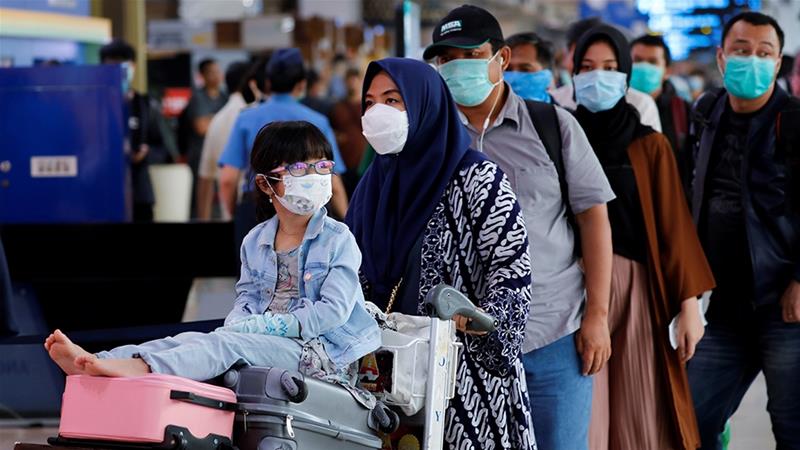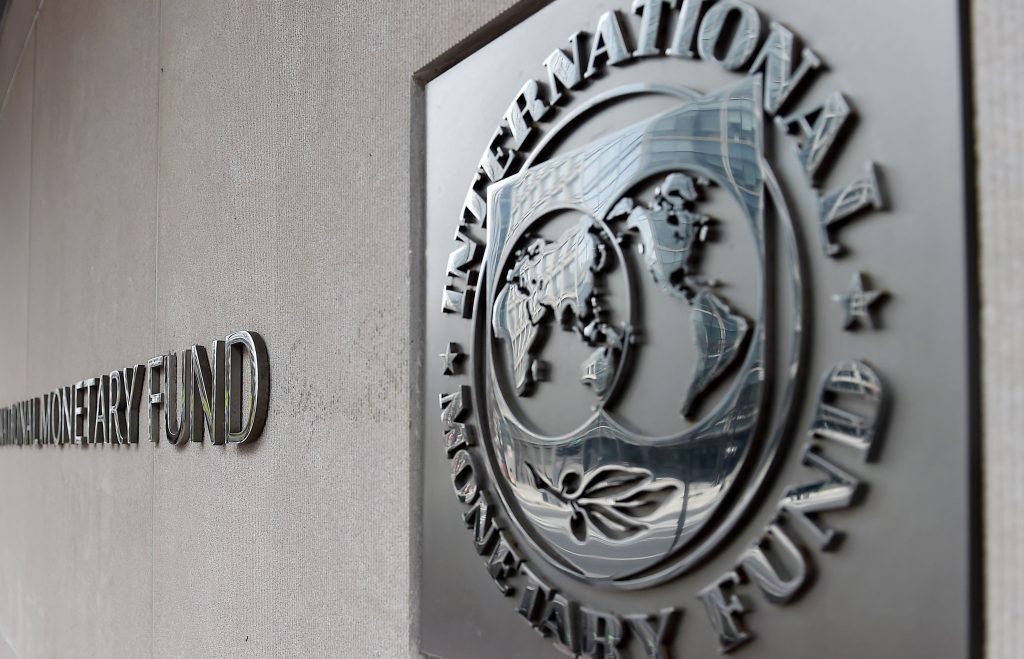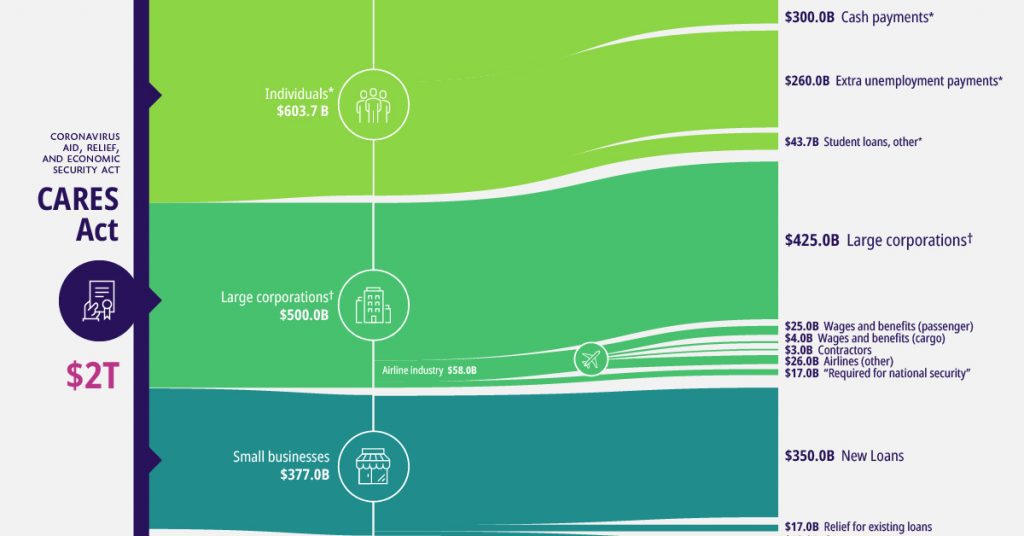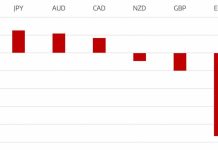
The world faces an economic disturbance potentially more severe than what we witnessed during the global financial crisis. The coronavirus pandemic is a different kind of shock. Never before have modern economies shut down straight away. From one week to the next, many workers lost their jobs and paychecks. Restaurants, hotels, and airplanes all emptied. And consumers and businesses now face steep losses in income and potentially widespread bankruptcies.
The sharp tightening in financial condition along with expectation of low inflation means that monetary policy play a significant role at the current juncture. Central banks can act quickly to help ease the tightening of financial conditions by combination of debt and cutting interest rates, thus preventing a possible credit crunch. Synchronized actions across countries increase the power of monetary policy. Therefore, global cooperation to synchronize monetary policy must be high on the plan. Ample liquidity within countries, and across borders, is the prerequisite to the successful reversal of the rapid tightening in financial conditions. In these unusual circumstances, if liquidity pressures threaten market functioning, central banks may need to step in and provide emergency liquidity.
If economic and financial conditions were to deteriorate further, policymakers could return to the broader collection that was developed during the financial crisis. For example, the Federal Reserve launched the Term Asset-Backed Securities Loan Facility in 2009, which provided targeted funding. The Bank of England and U.K. Treasury introduced the Funding for Lending Scheme, where a funding aid was provided to motivate the expansion of lending to households, small and mid-sized enterprises and non-financial corporates.
Financial stability policies
The sharp decline in interest rates, combined with growing anxiety about the economic outlook, have also raised investor concerns about the health of banks. Banks’ share prices have fallen sharply, and bond prices of banks have also come under some pressure likely reflecting fear of potential losses. Supervisory authorities should, however, monitor developments at banks very closely. Given the temporary nature of the virus outbreak, banks could consider a temporary restructuring of loan terms for the most-affected borrowers. Supervisors should work closely with banks to ensure that such actions are both transparent and temporary. The goal must be to preserve banks’ financial strength and overall transparency across the financial sector.
Authorities should also be aware to possible financial stability threats from outside the banking system. This requires an increased focus on asset managers and exchange-traded funds, where investors might reimburse risky investments suddenly. Overall, policymakers must act decisively and cooperate at the global level to protect monetary and financial stability during this time of extraordinary challenges. The IMF will act as needed to help its members face this extraordinary, but hopefully temporary, crisis.

Financial aiding done by IMF
Countries are responding in innovative and unfamiliar ways, and they can learn from each other what approaches work best. To help them do so, the IMF has established a website that provides information on how individual countries are dealing with the practical problems they are encountering, helping distil emerging international best practice. This is just one of the ways in which we have moved quickly to adjust IMF surveillance to the dramatically changing circumstances.
In 2020, the IMF plans to analyze the stability of twelve financial systems. Seven assessments are of jurisdictions with systemically important financial sectors (Austria, Denmark, Hong Kong SAR, Italy, Korea, Norway, and the United States), for which it is requisite to undergo financial stability assessments every five years. The other five assessments are Algeria, Latvia, Philippines, South Africa, and Trinidad and Tobago, which are being done at the request of those countries themselves. Assessments for advanced economies are done by the IMF alone, while those for other countries are typically carried out jointly with the World Bank.
One of the main programs the IMF is using is the Financial Sector Assessment Program (FSAP) has just entered its 20th year. It is now a key pillar of IMF financial surveillance, helping to measure financial vulnerabilities and make financial systems more flexible. The IMF considers country-specific features of financial systems and tailors its analysis to the needs of each member participating in the program.
Financial aiding done by US, Europe and Asia
United States: The health of the U.S. financial sector is of global importance given its size, role as an international funding source, and the position of U.S. dollar as a global reserve currency. The assessment will examine the resilience of highly-indebted companies and the solvency of banks and insurers, as well as analyze how shocks could transmit through the complex interconnected financial sector. It will evaluate financial oversight for banks, securities markets, and insurers; risk management practices of the systemically important central counterparties; and the effectiveness of the crisis-management framework.

Europe: COVID-19 has struck Europe with stunning ferocity. While we do not know how long the crisis will last, we know that the economic impact will be severe. Europe’s generally strong welfare systems and social market model will facilitate the delivery of targeted assistance to firms and households, but there should be no doubt about the complexity of this task: these systems were not constructed to meet demands of the magnitude now confronting Europe’s policymakers. Policymakers in the advanced economies have made good use of their policy space and institutions, putting in place large monetary and fiscal expansions to blunt the impact of the crisis. Fiscal rules and limits are rightly being suspended to enable large-scale emergency support, and fiscal deficits are being allowed to surge. The Fund is moving as fast as possible to support the membership at this time of extraordinary systemic challenges.
Asia: The impact of COVID-19 and the oil price plunge in Central Asia and Middle East has been substantial and could intensify. With three-quarters of the countries reporting at least one confirmed case of COVID-19 and some facing a major outbreak, the coronavirus pandemic has become the largest near-term challenge to the region. Where policy space is available, governments can achieve this goal using a mix of timely and targeted policies on hard-hit sectors and populations, including temporary tax relief and cash transfers. The immediate policy priority for the region is to protect the population from the coronavirus.
Since the outbreak of COVID-19, we have been in continuous interaction with the authorities in our region to offer advice and assistance, especially those in urgent need of financing to withstand the shocks. The Fund has several tools at its disposal to help its members surmount this crisis and limit its human and economic cost, and a dozen countries from the region have already approached the Fund for financial support.

Simon Pearson is an independent financial innovation, fintech, asset management, investment trading researcher and writer in the website blog simonpearson.net.
Simon Pearson is finishing his new book Financial Innovation 360. In this upcoming book, he describes the 360 impact of financial innovation and Fintech in the financial world. The book researches how the 4IR digital transformation revolution is changing the financial industry with mobile APP new payment solutions, AI chatbots and data learning, open APIs, blockchain digital assets new possibilities and 5G technologies among others. These technologies are changing the face of finance, trading and investment industries in building a new financial digital ID driven world of value.
Simon Pearson believes that as a result of the emerging innovation we will have increasing disruption and different velocities in financial services. Financial clubs and communities will lead the new emergent financial markets. The upcoming emergence of a financial ecosystem interlinked and divided at the same time by geopolitics will create increasing digital-driven value, new emerging community fintech club banks, stock exchanges creating elite ecosystems, trading houses having to become schools of investment and trading. Simon Pearson believes particular in continuous learning, education and close digital and offline clubs driving the world financial ecosystem and economy divided in increasing digital velocities and geopolitics/populism as at the same time the world population gets older and countries, central banks face the biggest challenge with the present and future of money and finance.
Simon Pearson has studied financial markets for over 20 years and is particularly interested in how to use research, education and digital innovation tools to increase value creation and preservation of wealth and at the same time create value. He trades and invests and loves to learn and look at trends and best ways to innovate in financial markets 360.
Simon Pearson is a prolific writer of articles and research for a variety of organisations including the hedgethink.com. He has a Medium profile, is on twitter https://twitter.com/simonpearson
Simon Pearson writing generally takes two forms – opinion pieces and research papers. His first book Financial Innovation 360 will come in 2020.








































